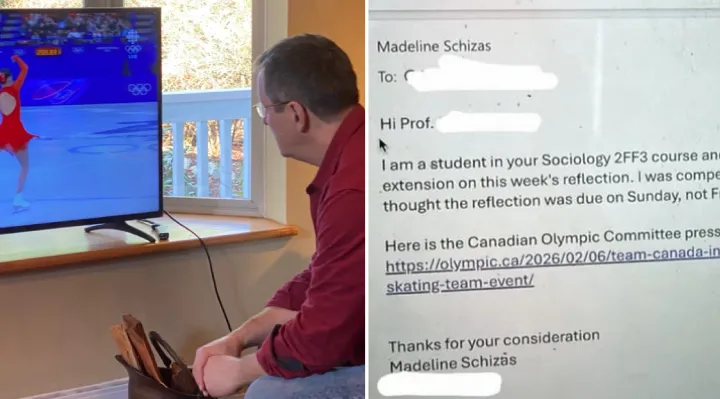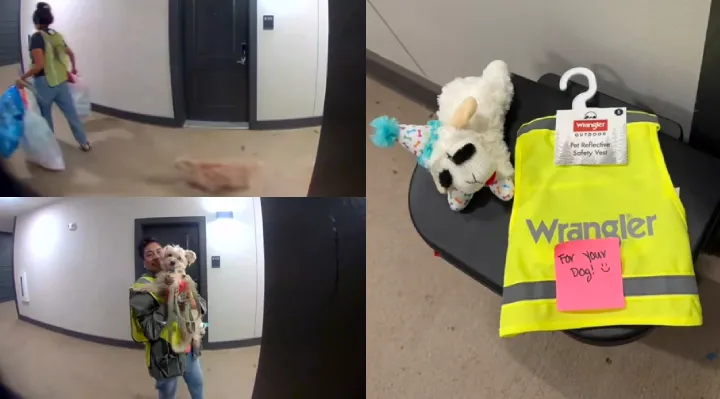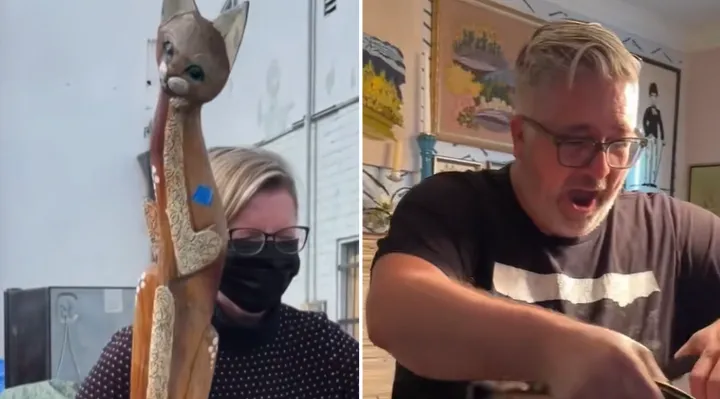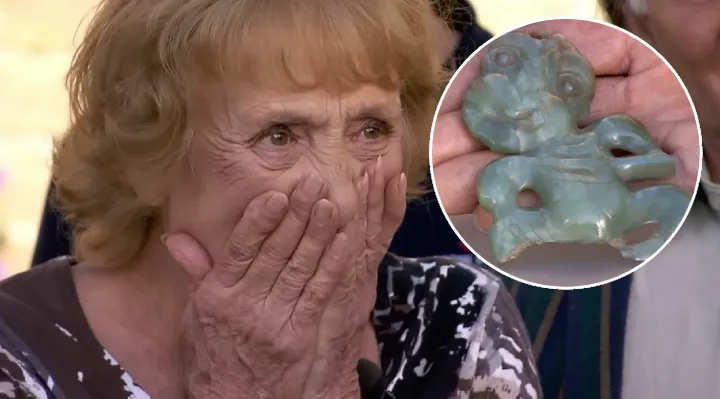Cancer drug reverses Alzheimer's symptoms in mice
February 15, 2012
A drug that has been approved for the treatment of a type of skin cancer since 1999 appears to reverse Alzheimer's symptoms -- in mice.
Case Western Reserve University School of Medicine neuroscientist Gary Landreth and colleagues reported Thursday that bexarotene quickly cleared away beta-amyloid plaque, believed to cause the cognitive deficits of Alzheimer's disease, from the brains of genetically engineered mice.
Mice who received bexarotene treatment regained memory and cognitive function, including improvements in their sense of smell, the authors said. Bexarotene worked by helping to increase levels of a protein called Apolipoprotein E (ApoE), which helps remove beta-amyloids. Its effects took hold quickly, with half of plaques removed within 72 hours, the authors reported.
Paige Cramer, a Ph.D. candidate at Case Western Reserve, said in a statement that the research had produced "an unprecedented finding," noting that the previous best treatment for Alzheimer's in mice took several months to reduce plaque.
Scientists who weren't involved with the study (subscription required), which was published online in the journal Science, said that it suggested a tantalizing new avenue of inquiry for Alzheimer's drug research, but that even under the best of circumstances, it would take six years or longer before bexarotene might be used to treat people with the degenerative brain disease.
"Ultimately, you have to test this in humans," said Dr. Lon S. Schneider, an Alzheimer's researcher at USC's Keck School of Medicine in Los Angeles. Schneider said that efficacy trials would involve enrolling 1,000 patients for 18 months of treatment -- a process that would take more than three years. Further tests would take an additional couple of years.
And then the treatment would have to work, he added.
"It's very uncommon, so far, that treatments for mice translate for humans," he said. "People should not get immediately excited, or try to buy this drug from Canada."
Dr. George Bartzokis of the Brain Research Center at UCLA agreed that the track record for curing Alzheimer's in people with "mouse cures" was poor.
He said, though, that this kind of discovery is "exciting because it has the potential to give another clue in the puzzle of Alzheimer's disease."
Bartzokis said that he would like to have learned the effects of bexarotene on myelin (the fatty insulation that protects neurons) in the mice. "The medication these investigators used acted by increasing several enzymes...involved in building up and repairing myelin," he wrote in an e-mail. If the treatment turns out to help repair myelin in humans, it could have applications to several important diseases in addition to Alzheimer's disease.
By Eryn Brown, Los Angeles Times
 Dogs Are Forced To Wear The Things They Steal — And It’s Hilarious
Dogs Are Forced To Wear The Things They Steal — And It’s Hilarious
 Meet Nazgul: The Dog Who Crashed An Olympic Ski Race And Nearly Won
Meet Nazgul: The Dog Who Crashed An Olympic Ski Race And Nearly Won
 Professor Watches His Student Compete At The Olympics After She Requested An Extension On An Assignment
Professor Watches His Student Compete At The Olympics After She Requested An Extension On An Assignment
 People Are Submitting Photos of Their Cats’ ‘Jobs’— And We Can’t Stop Laughing
People Are Submitting Photos of Their Cats’ ‘Jobs’— And We Can’t Stop Laughing
 She Collects Trash 5 Days A Week With Her Dog — So A Resident Gifted Her Dog A Matching Vest
She Collects Trash 5 Days A Week With Her Dog — So A Resident Gifted Her Dog A Matching Vest
 A Childhood Bond Reunited: Firefighter Saves The Horse That Taught Him To Ride
A Childhood Bond Reunited: Firefighter Saves The Horse That Taught Him To Ride
 Mom Was About To Miss Her Flight, So A Stranger Picked Up Her Kid And Ran With Her
Mom Was About To Miss Her Flight, So A Stranger Picked Up Her Kid And Ran With Her
 He Ordered A Doctor Bag — But The Size Has Him Laughing Uncontrollably
He Ordered A Doctor Bag — But The Size Has Him Laughing Uncontrollably
 Woman Stunned By Valuation Of Rare Māori Jade Hei-Tiki Found In Her Garden
Woman Stunned By Valuation Of Rare Māori Jade Hei-Tiki Found In Her Garden
 Mom Red Fox Calls Her Adorable Pups Out For The First Time
Mom Red Fox Calls Her Adorable Pups Out For The First Time
 She Gave Her Dad The One Thing He’d Been Searching For His Whole Life
She Gave Her Dad The One Thing He’d Been Searching For His Whole Life

